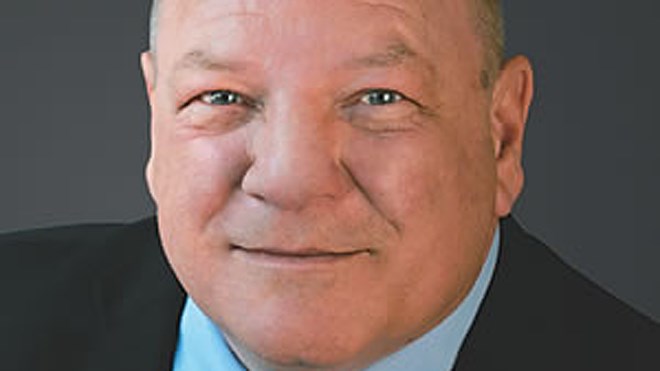If case anyone doubted the connection between money and politics, the two biggest spenders in the 2018 municipal election received the most votes, according to expense reports filed with Greater Sudbury.
Candidates had until Friday at 2 p.m. to file their campaign expense reports for the October election. Of the 11 people who ran for mayor, two didn't file by the deadline: former NHLer Troy Crowder, who received 4,279 votes, and Rodney Newton, who garnered 102 ballots. As a result, both won't be eligible to run in the 2022 campaign, or be appointed to fill any vacancies.
The top spender who did file a report was Mayor Brian Bigger, who became the first person re-elected mayor in Greater Sudbury's short history. Bigger spent $69,062.49 on his campaign, and received $58,900 in individual donations. That compares to the $54,829 he spent to get elected in 2014.
Notable on Bigger's expense forms was the $33,900 he spent in the “salaries, benefits, honoraria, professional fees” category, by far the most spent by any candidate.
Second-place finisher Patricia Mills spent the second most on salaries – $11,301.11 – followed by fourth-place finisher Cody Cacciotti, who spent $3,500. None of the other candidates made a similar claim on their expense form.
The mayor received 14,684 votes in the election, which works out to about $4.70 in spending for each vote he received. Bigger reported a campaign deficit of $6,137.99.
Mills received $41,305 in individual donations, and spent nearly as much on her campaign as Bigger – $68,256.74 in total, which includes $22,500 she contributed herself.
Mills received 9,746 votes, which works out to about $7 in spending per ballot she received.
Dan Melanson, who finished third with 8,673 votes, spent $16,319.92 – a fraction of the $105,769 he spent on his 2014 campaign, when he was runner up to Bigger. Of the top mayoral race finishers, Melanson got the most bank for his buck – about $1.88 per vote.
Cody Cacciotti, who placed fourth in the mayor's race, reported a $4,758.04 campaign deficit on spending of $24,056.02. Cacciotti received $13,665.25 in individual donations. He received 8,066 votes, meaning he spent about $2.98 for each ballot he received.
Ron Leclair, who finished 9th with 534 votes, got the most bang for his buck: Leclair reported zero expenses and zero contributions. Fringe candidate David Popescu spent $23.50 to get the 72 ballots cast for him, but cautioned in his filing that his expenses calculations were just “estimates.”
In terms of which winning city council candidate spent the least and garnered the most votes, it was no contest: Ward 5 Coun. Bob Kirwan spent $129.53 getting himself re-elected. Kirwan received 1,807 votes, which works out to about seven cents a ballot.
Ward 4 Coun. Geoff McCausland, elected for the first time in 2018, spent $7,220.19 on his campaign. What was unique is that the lion's share of McCausland's campaign was financed through a GoFundMe campaign – about $6,500 of the total he spent.
Candidates who reported deficits and filed for an extension (Bigger, Cacciotti) can keep raising money to pay it off until June 30.
